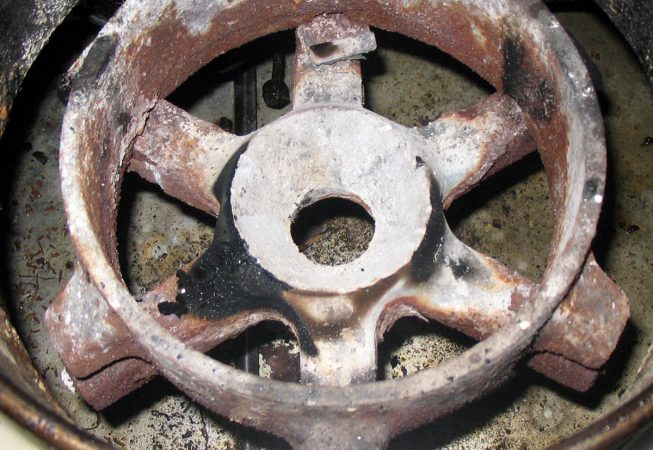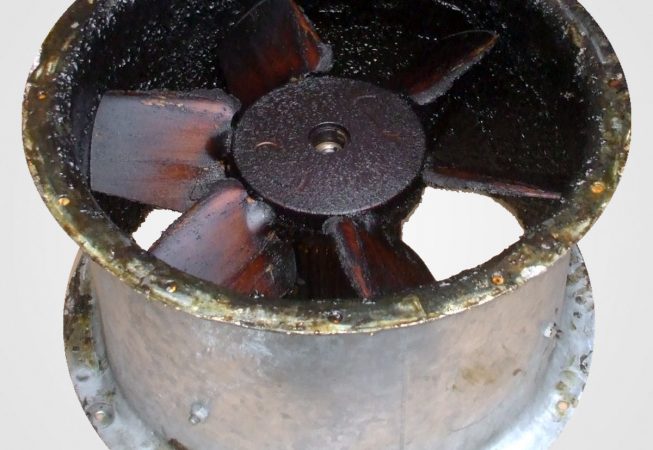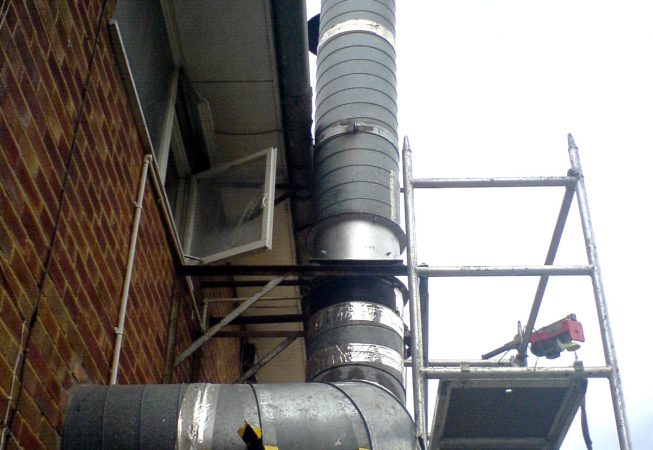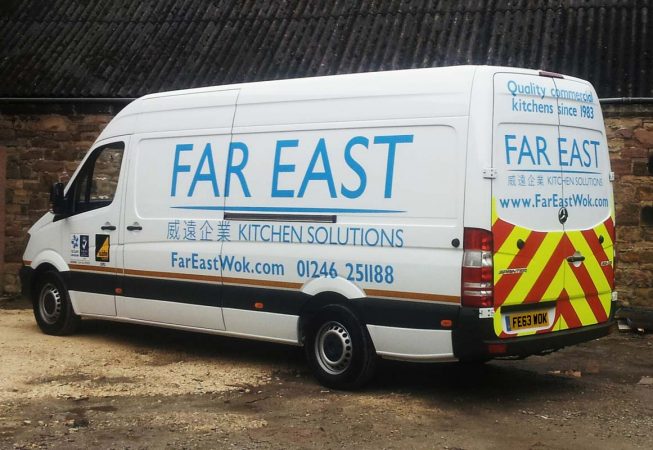Far East’s catering equipment engineers provide nationwide service and repair for all makes and model of wok range cookers.
Don’t let a breakdown break your business!
- Wok cooking ranges work in a tough environment, regular maintenance is essential to ensure good performance. Carbon deposits, grease residue, high temperatures and mechanical wear can all lead to breakdowns.
- Just like a car, your wok cooker should be serviced at least once per year. We replace all thermocouples and pilot lights, clean and regrease CE gas valves, inspect the burners and advise any other work required.
- Don’t wait for your cooker to breakdown and cripple your business for days!
- Our trusted Gas Safe engineers can service any make or model of wok cooker, nationwide, including:
ACK Advanced Eco MD HD, Chans, dTec, Ellidge & Fairly EF CCW, Falcon, Far East, Ideal, Maggie Lo ML, JP burners, Leung Sing, Pro-fit, Weldtec or YPT wok ranges.
- Despite filtration, kitchen extract systems will slowly accumulate grease that will reduce performance, impact reliability and become a fire hazard.
- Your ducting and fan should be cleaned every 6-12 months, dependent on usage. Grease build-up can stop the fan rotating and damage it, instantly closing your business!
- Our duct cleaning will improve air flow and extend the life of your fan. We’ll also inspect the fan and check your filters.





